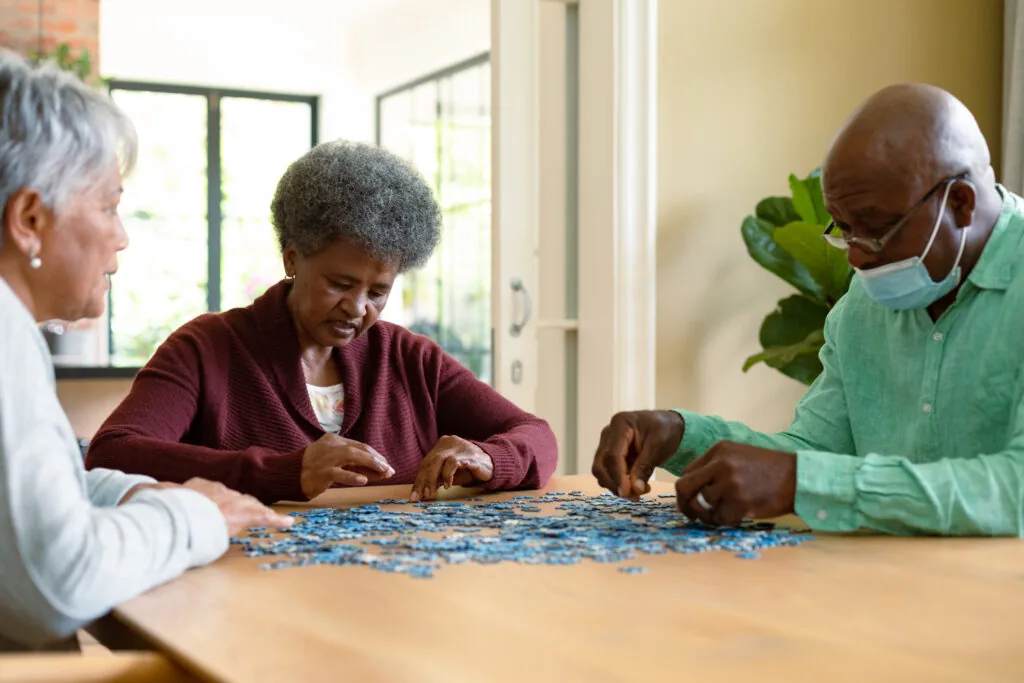When you place your loved one in a nursing home, you expect nurses and other staff at the facility to take every precaution to keep them safe. Unfortunately, many Georgia nursing homes lack quality care because they are understaffed, and workers are overwhelmed. Elopement is just one example of what can happen when a nursing home or other long-term care facility lacks sufficient staff to care for all the residents.

What is Nursing Home Elopement?
Elopement, in the context of nursing homes and other long-term care facilities, refers to when a resident leaves the facility without permission or supervision. Wandering, on the other hand, is when a resident walks excessively or wanders away from their room or a specific floor. If a resident is unsupervised, wandering may lead to elopement. This blog post aims to shed light on the dangers of nursing home elopement, its underlying causes, and strategies to prevent it.
Why is Nursing Home Elopement Dangerous?
Nursing home elopement poses significant risks to the safety and well-being of elderly residents. Some of the dangers associated with elopement include:
Exposure to Hazards: When residents wander outside the facility unattended, they may encounter various hazards such as traffic, extreme weather conditions, or unfamiliar environments, putting them at risk of accidents or injuries.
Health Risks: Elderly individuals with cognitive impairments or medical conditions may become disoriented or confused when they leave the nursing home premises, leading to potential health complications or exacerbation of existing conditions.
Vulnerability to Abuse or Exploitation: Individuals who wander off from long-term care facilities may become targets for exploitation, abuse, or scams, especially if they are unable to advocate for themselves or make informed decisions.
Emotional Distress: Elopement can cause distress not only to the residents who wander but also to their families and caregivers. The uncertainty and fear surrounding the whereabouts and safety of a missing loved one can have a profound emotional impact on everyone involved.

Causes of Nursing Home Elopement
Several factors may contribute to nursing home elopement, including cognitive impairments, inadequate supervision, environmental factors, or a lack of individualized care.
Cognitive Impairments: Residents with dementia or Alzheimer’s disease may experience confusion or disorientation, leading them to wander or even leave a facility in search of familiar surroundings or loved ones. Taking certain medications or being over-medicated can also affect a resident’s cognitive abilities.
Inadequate Supervision: Understaffing or insufficient monitoring of residents can create opportunities for elopement.
Environmental Factors: Poorly designed or maintained facilities, inadequate security measures, or easily accessible exits can facilitate elopement incidents.
Lack of Individualized Care: Failure to address the unique needs of residents, such as providing engaging activities or social interactions, may contribute to feelings of restlessness or boredom, prompting residents to wander or leave the facility without supervision.
How to Prevent Nursing Home Elopement
What Should Nursing Homes Be Doing?
Preventing elopement requires a multifaceted approach that addresses the underlying causes and enhances safety measures within nursing home facilities.
Some strategies that nursing homes and other long-term care facilities should have in place include conducting thorough assessments of each resident’s cognitive abilities, mobility, and risk factors of elopement and developing a personalized plan of care tailored to each resident’s needs; adequate staffing levels and enhanced supervision; a strategic plan on how to address wandering and elopement when it does occur; implementing safety measures such as door alarms, secure windows, and video cameras; ongoing training for nursing home staff so they recognize signs of elopement risk and can communicate effectively with residents; and offering engaging activities and other social interactions such as recreational programs to help reduce boredom and improve residents’ quality of life.
Nursing Home Rules and Regulations

By addressing the underlying causes, enhancing supervision, and implementing safety measures, nursing homes can create a safer environment for residents and mitigate the risks associated with elopement. Nursing home staff, caregivers, and other healthcare professionals must work together to safeguard vulnerable individuals entrusted to their care.


